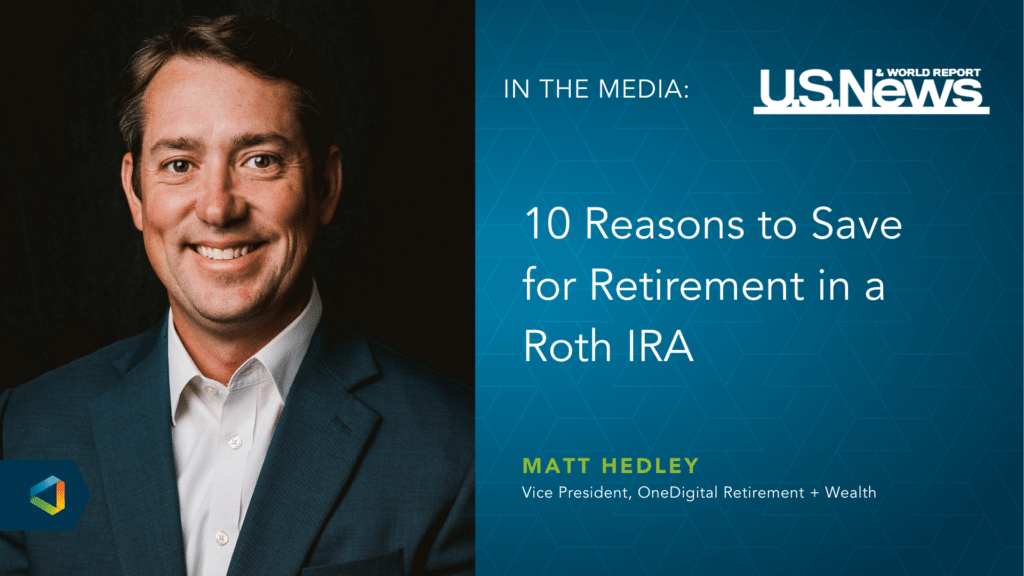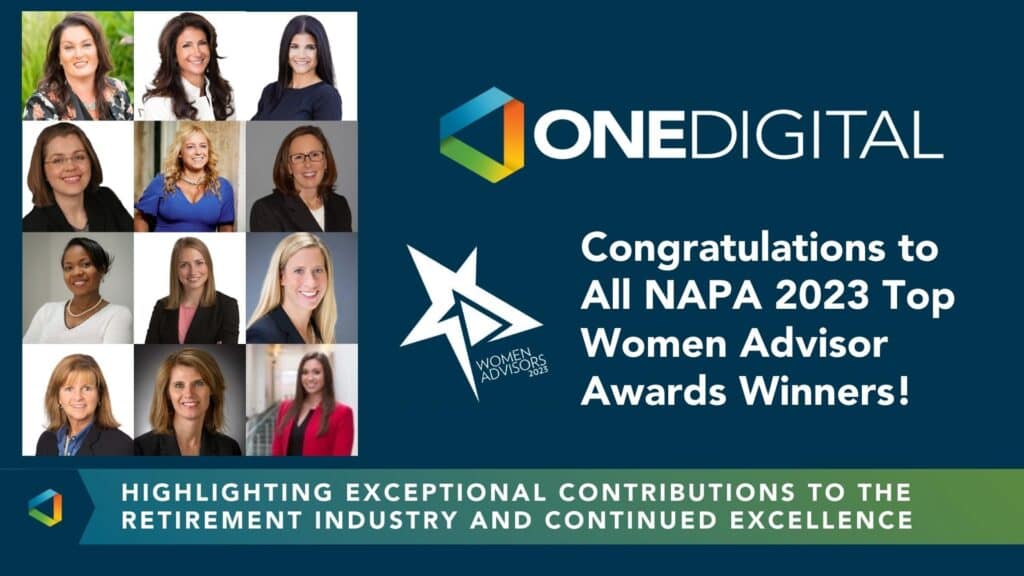Better Benefits
Year-End Checklist for Your Retirement Plan
Year-End Checklist for Your Retirement Plan
When it comes to preparing your retirement plan for your year-end, the first and most important is to be prepared for Form 5500 filings and non-discrimination testing that will need to be completed in early 2023. Now is a great time to prepare for that.
Start getting all your data together that auditors will need. This information is usually given to your Third Party Administrator (TPA), and now is a great time to start to gather that information so you can send it to them early next year.
What information will your TPA be looking for?
TPA’s usually have an annual questionnaire to complete and an employee census. The Questionnaire will have questions such as:
- Who are the owners of the company? (including family members)
- Ownership in other companies?
- Identification of officers and/or directors.
The Employee census is a collection of essential data to give a complete understanding of your workforce. The census information includes:
- Employee Name
- Date of Birth
- Social Security Number
- Hours worked
- Compensation
- Employees hired in the plan year
- Employees fired in the plan year
- Any additional information depending on the provisions in your plan
All these items may come into play when performing the non-discrimination testing for the plan year.
Questionnaire and Employee Census Deadlines
TPAs will generally ask for this information at the end of December (for a calendar year plan), including any updates throughout the year. Due to the deadlines for specific tests, TPAs usually give a timeline of 30 days to retrieve information.
Employee Notices
This time of year, quite a few notices have to be given to participants in the plan.** Depending on what type of plan you have, there will be notices of:
- Safe Harbor Plan notices
- Participant fee disclosures. These disclosures explain all the fees that are charged to participants in the plan.
- The Summary Annual Report (SAR)
- QDIA notices or Qualified Default Investment Alternative notices. These are sent to participants whose investments were defaulted into the QDIA in the plan (usually target date funds) and generally for participants who did not complete their investment elections in the plan.
For 403(b) plans,
- Universal availability notice lets employees know that they can defer into the plan upon hire if they work more than 20 hours a week.
What should you do if you notice inaccuracies or any part of the process is done improperly?
Plans are very detailed with a tremendous amount of data, and things can go wrong, and they absolutely do. Data issues occur, and the good news is, there are ways to fix that.
Some ways to fix issues are as simple as self-correcting or notifying the IRS that there has been an error. Other problems are more severe. Timing of resolving issues is crucial. The IRS wants to see that if you found the issue and that you are addressing it immediately. Remember to document and note the file, including how you’re going to eliminate this problem in the future.
Closing thoughts on year-end
Outside of annual notices, this is a quiet period. Since it’s quiet, it’s a great time to gear up for the year-end work. Collecting all your employees’ census data now from your payroll company is a great start. Giving this information to your TPA early next year is usually the first thing that needs to be completed. So, the sooner you can get your information together and send it to your TPA, the better.
Want to connect with a Retirement Plan Administrator today? Check out our Retirement Plan Administration page to learn more.
**Active participants are anyone that's an employee and eligible, even if they're not contributing. Including anyone that terminated employment, whether this year or in prior years, who still has a balance in the plan.
Investment advice offered through OneDigital Investment Advisors, an SEC-registered investment adviser and wholly owned subsidiary of OneDigital.
These materials are provided for informational and educational purposes only and do not constitute a recommendation to buy, sell, or hold any security, nor do they constitute legal, accounting, investment or tax advice. These statements do not constitute an offer or solicitation in any jurisdiction.




